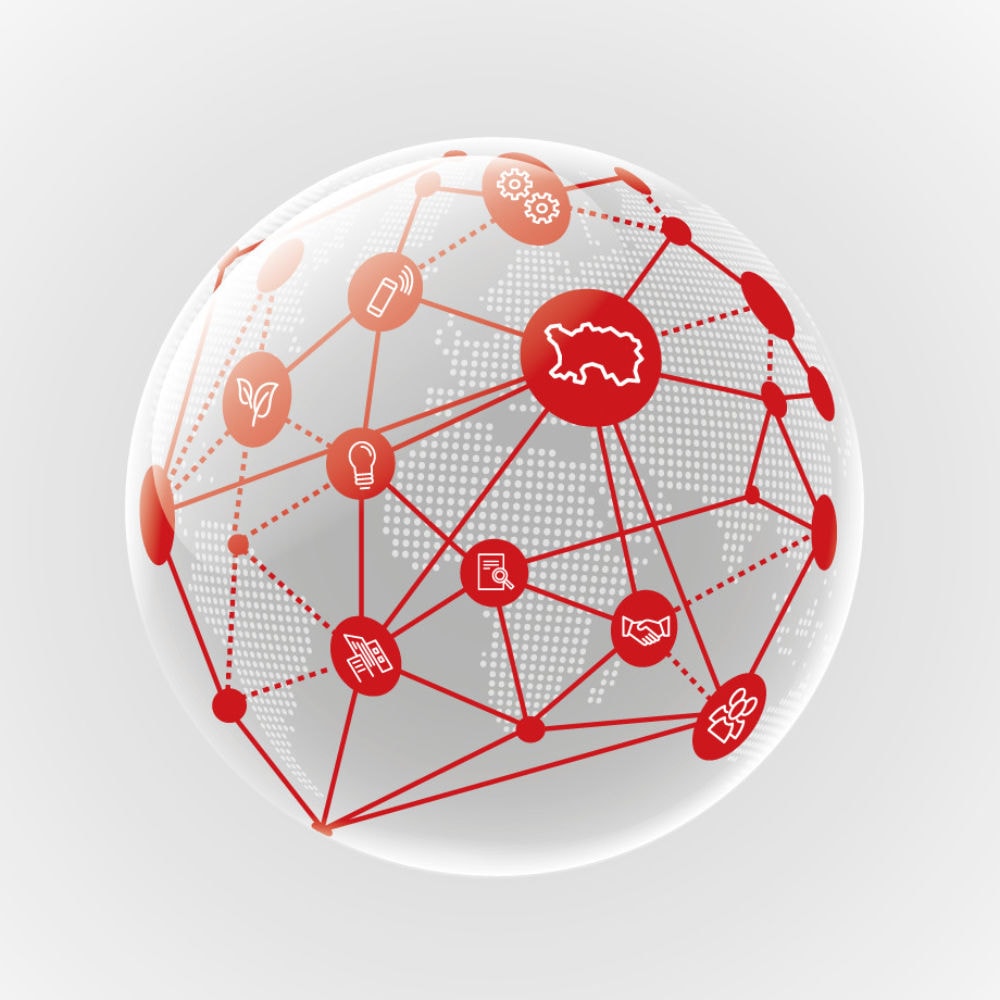In one of my first blog posts of this year, I wrote about how I believed that the current environment provided a once in a lifetime opportunity for International Finance Centres (IFCs) to step up and demonstrate the value they can add to the world economy.
The disruption caused by Brexit and geopolitical fragmentation, instability in certain regions, and, of course, the pandemic meant that targeted and impactful investment was needed like never before, not just to rebuild economies, but to rebuild communities too.
It was my contention that IFCs like Jersey were in a fantastic position to rise to that challenge, by providing the perfect platform, with less friction and greater oversight, to facilitate capital movements and ensure that investment could be put to work with most impact where it was most needed.
The challenge for IFCs in 2021 was to really focus on clearly telling that story, to shed a light on the tangible impact they can have.
It’s why this year we have supported a new important piece of research, undertaken by the Centre of Economics and Business Research (Cebr), to analyse the global economic footprint of Jersey’s finance industry and to better understand Jersey’s role as an economic conduit within Global Value Chains (GVCs).
As an organisation, we believe strongly in the benefit of evidence based research – we’ve produced or supported more than 20 research projects over the past decade. This latest one builds on work Jersey Finance has previously undertaken, including major studies looking at the value Jersey adds to the UK and to Europe.
Defined as the “full range of activities that firms and workers do to bring a product from its conception to its end use and beyond”, value chains aim to illustrate the interconnected networks of global producers and consumers in the modern global economy.
By applying the concept to Jersey, we could get a better idea of the full impact Jersey’s finance industry was having on the global economy, through metrics such as GDP, employment, and wages, and provide evidence of the tangible impact Jersey has as an IFC.
The result, published at the end of November, and with considerable assistance and data input from financial and professional services firms in the Island, was the ‘Jersey’s Contribution to Global Value Chains’ report – and it provides some interesting insights into how global investment flows, such as the ones that Jersey contributes to, stimulate large degrees of economic activity through networks of integrated GVCs.
The headline findings were that Jersey today manages or administers £1.4trn of global capital (up from £1.3trn in 2017) and supports more than £170bn of global economic output – comparable to the GDP of New Zealand.
Jersey’s trust sector alone, meanwhile, supports 0.2% of global GDP, equivalent to the GDP of Hungary, whilst the economic output through GVCs of Jersey’s funds sector is equivalent to that of Bahrain and the banking sector to Iceland. For an IFC of its size, Jersey is really punching above its weight in terms of its positive impact on global economies.
This alone is a compelling story and reflects our long-term strategy to diversify Jersey’s finance industry into new markets. So, whilst the report shows that the UK remains the most significant destination of capital through Jersey, and Europe is the dominant continent, Asia Pacific, the Middle East, North America and Africa are benefitting too.
In fact, the report shows that the gross capital stock allocated through Jersey to Asia, including the Middle East, increased by an impressive 74% between 2017 and 2020, whilst flows to North America grew by more than 20%. This chimes with our concerted efforts over the past decade to reach out to and build relationships with new markets beyond Europe.
But the key point is this – that the redistributed capital emanating from Jersey is generating real economic activity – Jersey is supporting, the report finds, in excess of 5 million jobs around the world through GVCs, and £73bn in associated wages. In fact, for every job in Jersey’s financial services sector, the value chains facilitated support an additional 380 jobs globally.
This is particularly clear in the case of Africa, for example, where although the absolute level of economic output supported via Jersey is approximately a tenth of Asia’s, the relative share is higher, accounting for 0.3% of Africa’s total GDP, and supporting more than 900,000 jobs across the continent.
The message is clear – this is not about shifting money around without impact; this is about stimulating growth, providing jobs and wages for people around the world, helping to build infrastructure, and supporting real people in real communities.
This is about pooling capital and facilitating investment flows around the world and creating positive change, at a time when positive change is really needed.
There’s no doubt that IFCs will continue to be challenged in the years ahead, often as a result of misunderstanding or misplaced stereotypes. Research like this will be invaluable to Jersey.
This is a unique piece of work in the IFC world, and we are proud to be leading the charge to paint a clearer picture, help cut through some of those misunderstandings and provide concrete evidence of the positive, necessary and very tangible impact we make.




